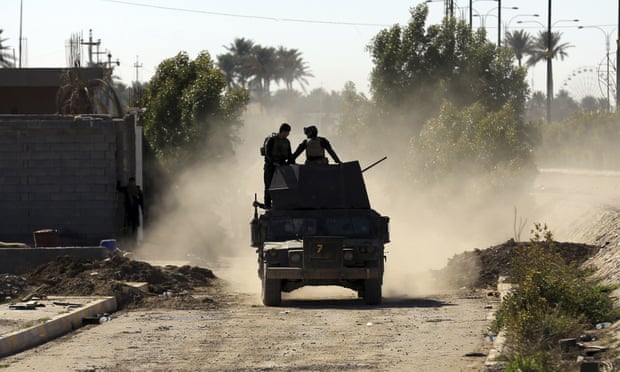http://indianexpress.com/article/explained/plane-comparison-pakistan-thunder-vs-indian-tejas/
This will be the first appearance of Tejas at a foreign air show, and is bound to be compared with Pakistan’s JF-17 Thunder fighter produced with Chinese help.
New DelhiUpdated: Jan 18, 2016
India’s indigenous Light Combat Aircraft (LCA) Tejas reached Sakhir Air Base last week to participate in the Bahrain International Air Show 2016, which will be held from January 21. This will be the first appearance of Tejas at a foreign air show, and is bound to be compared with Pakistan’s JF-17 Thunder fighter produced with Chinese help.
Thunder
JF-17 Thunder is a third-generation fighter co-produced by Pakistan Aeronautical Complex (PAC), Kamra, and China’s Chengdu Aircraft Industry Corporation. It has been in service since 2010, with the PAC rolling out the 16th of its 50 Block-2 aircraft to complete the PAF’s fourth JF-17 squadron last month.
Tejas
LCA Tejas has not been inducted into the IAF yet. Starting in 1984, Tejas has been designed and developed by Aeronautical Development Agency with Hindustan Aeronautics Ltd and Defence Research and Development Organisation. Test pilots have done more than 3,000 flights on the fighter, which still awaits IAF’s Final Operational Clearance. The IAF has ordered six squadrons (120 aircraft) of Tejas Mark-1A but there is no certainty over the induction schedule.

